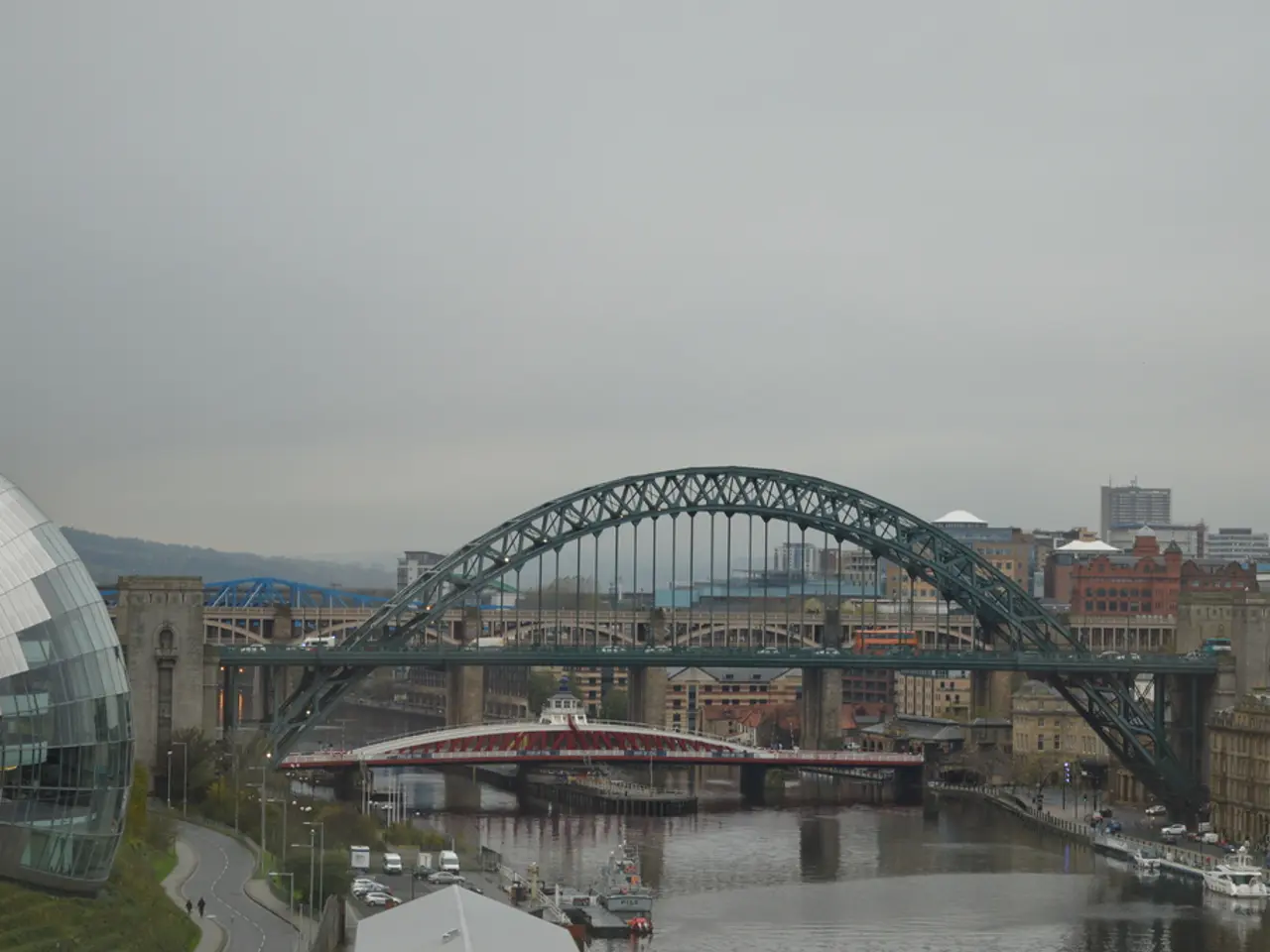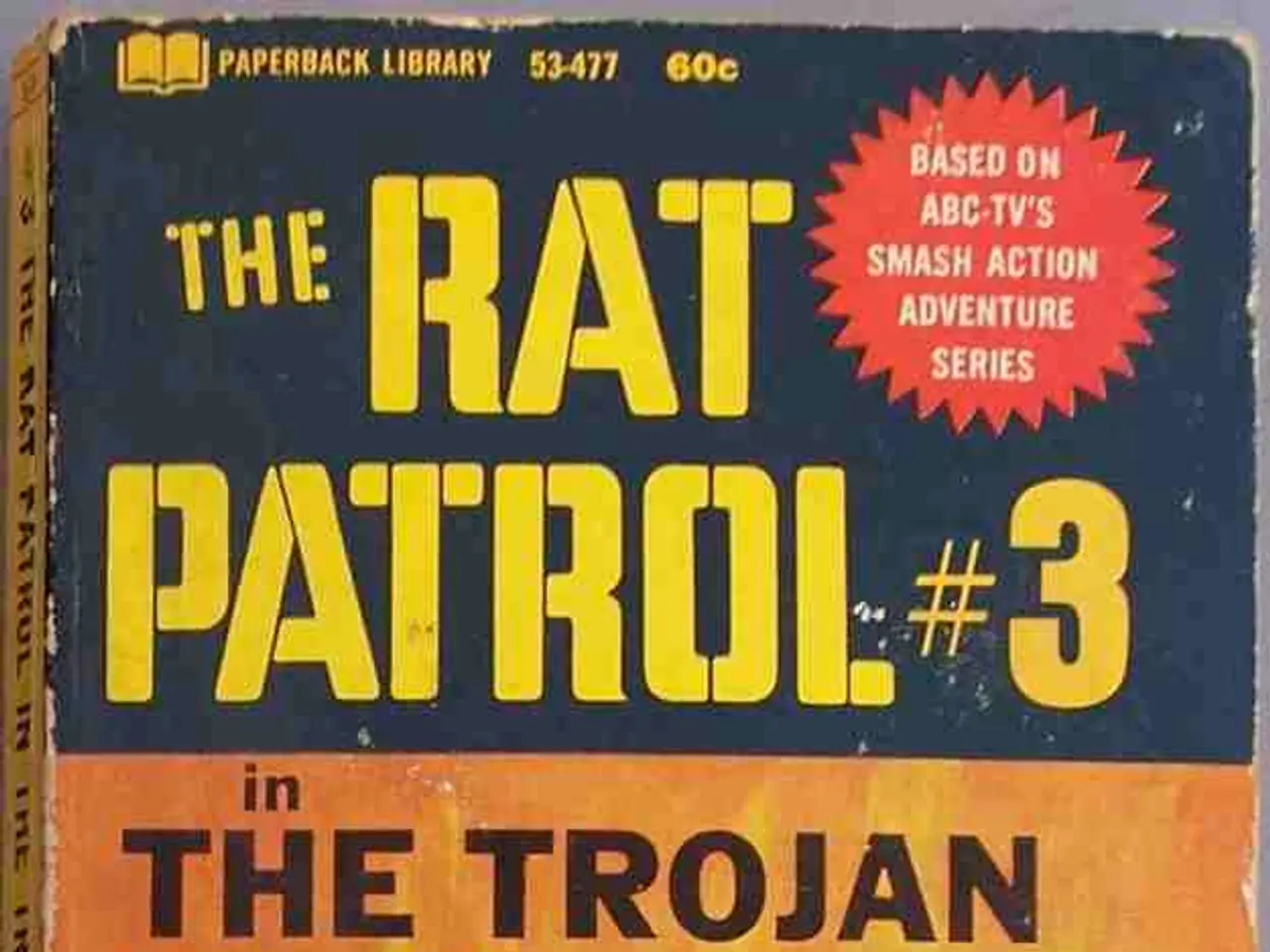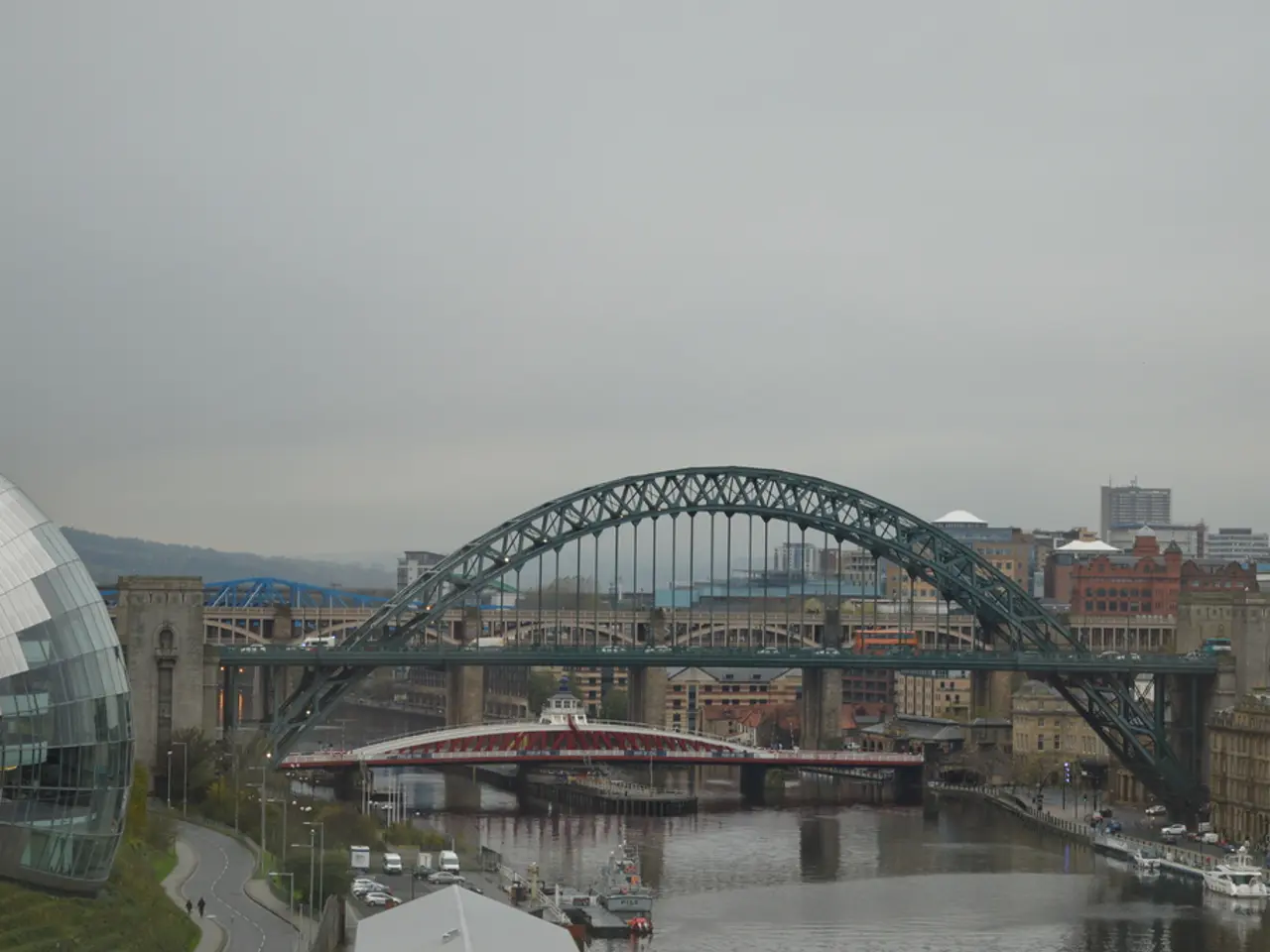International Governance Established on September 13, 2024 | Agreement for the New World Order
In the realm of global politics and social visions, the "Pact for the Future" has been a topic of much discussion, particularly in the context of the declining state of Western law and governance. This article aims to shed light on the main topics associated with the Pact for the Future, as presented by Paul Craig Roberts on LewRockwell.com.
The Pact for the Future is criticized for being a noxious brew of diplomacy and mutual back-patting, which is unlikely to lead to a resilient, sustainable, just world. It is seen as a desperate, last-ditch blueprint concocted by cowardly world leaders scrambling to patch up the bleeding cracks of a crumbling planetary control system.
One of the key concerns raised by Roberts is the flawed justice and accountability exemplified by historic events such as the Nuremberg Trials and their implications for Western law and morality. The Pact for the Future is also criticized for its potential to replace national constitutions with a global "framework" for standardized tyranny, as suggested by the call for a New Social Contract.
The Pact for the Future is further linked to the growing risk of nuclear conflict involving major powers such as the U.S., Russia, Iran, and Israel. The psychological and political dynamics driving global rulers toward nihilistic and destructive behaviors are also highlighted.
Roberts' analysis implies that without fundamental change in political accountability, respect for constitutional limits, and efforts to prevent nuclear escalation, the world faces escalating chaos and potentially catastrophic outcomes that threaten life on Earth.
In a different context, the cinematic world offers a reflection of the modern world's insanity through Terry Gilliam's dystopian film "Brazil" (1985), co-written with Tom Stoppard and Charles McKeown. The long tracking shot through the communications center in "Brazil" is considered one of the greatest choreographies in cinematic history, offering a hauntingly accurate portrayal of our current society.
Meanwhile, conspiracy theories such as the New World Order and the Global Citizen Digital ID have found their way into the Pact for the Future, raising concerns about digital IDs, vaccine passports, and the potential for schools to be used for indoctrination.
The Pact for the Future was passed by the UN General Assembly without a vote, and it includes provisions for Sustainable Development and Financing, International Peace and Security, Science, Technology, Innovation, and Digital Cooperation, Youth and Future Generations, and Transforming Global Governance.
As we navigate through the complexities of the modern world, it is crucial to critically examine proposals like the Pact for the Future, and to strive for a return to lawfulness and peace as a necessity for our future.
- The Pact for the Future, with its ties to conspiracy theories like the Global Citizen Digital ID, has raised concerns about privacy and the potential for indoctrination, especially in the context of vaccine passports and school systems.
- The Pact for the Future's approach to science, technology, innovation, and digital cooperation is seen as a risk, as it could lead to a global "framework" for standardized tyranny, replacing national constitutions and undermining democratic values.
- In the realm of global politics, the Pact for the Future is criticized for promoting a 'noxious brew' of diplomacy and mutual back-patting, which may ultimately fail to create a resilient, sustainable, and just world.
- The Pact for the Future's lack of emphasis on political accountability, respect for constitutional limits, and efforts to prevent nuclear escalation according to Roberts' analysis, could lead to escalating chaos and potentially catastrophic outcomes that threaten life on Earth.








